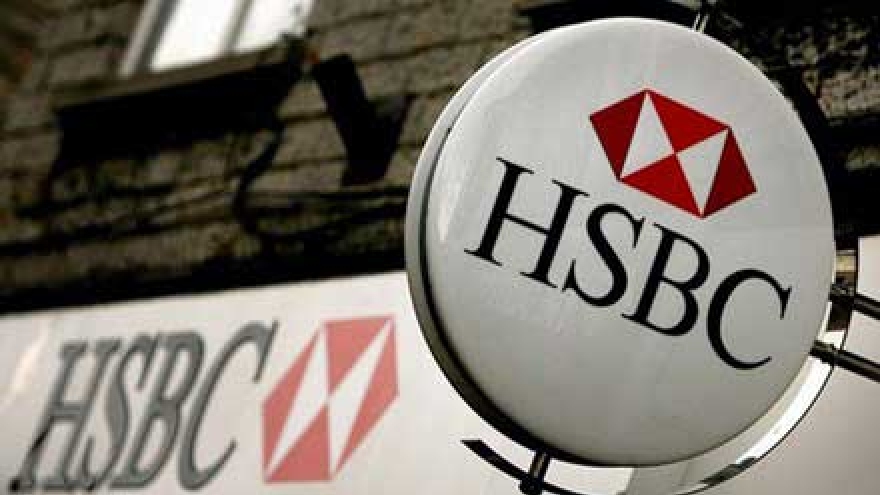Foreign banks have little impact on Vietnam economy
VOV.VN - The entry of foreign banks has significantly increased over the last two decades, says the State Bank of Vietnam (SBV), which performs state management over monetary, banking activities and foreign exchange.
SBV statistics show that foreign banks currently operate five wholly owned banks, four joint venture banks with local stakeholders and some 52 branch banks within the nation’s borders.
In the foreseeable future, the number of foreign banks will most assuredly increase to seven as Citibank, based out of the US, and Public Bank Berhad, out of Malaysia, have received approval to establish wholly owned foreign banks.
Foreign banks have been allowed to set up branches or joint ventures in Vietnam since the early 1990s, but it wasn’t until the nation’s World Trade Organization entry in 2007, that foreign banks took an avid interest in the market.
Theoretically, at least, experts classify foreign bank entry into Vietnam as a form of foreign direct investment (FDI) and the effects of their presence on competition into two distinct categories— direct and spillover.
Banking expert Nguyen Tri Hieu, for example, said he believes that foreign banks with advantages of capital, new technology as well as management and marketing skills force the domestic banks to directly improve their competitiveness.
Mr Hieu said foreign banks have entered the local market with newer technologies, more advanced management skills and better products. This has resulted in improving local banks’ competiveness.
Along with investment capital infusion, the FDI financial institutions make new technologies and management skills accessible to local banks, he said, and the impacts made by this technology transfer may occur intentionally or unintentionally.
 |
Intentionally these impacts occur by the foreign banks providing organized training and technical support, training on doing research as well as instruction on better methods of input and output based instruction.
Unintentionally the impacts happen when employees in FDI companies learn to master the technology and management skills by themselves.
Mr Hieu believes that the presence of foreign banks has a spillover effect on competition by forcing local banks to reduce costs and improve service quality or else they will lose out on profits.
However, other experts disagree sharply with Mr Hieu, and point out there is no empirical evidence that local banks are any more inefficient than foreign banks. In fact, one recent study shows the SBVs efficiency score is .971 and that of local banks .863.
Meaning, on average, the SBV and local banks in Vietnam wasted only 2.9% and 11.7% of their input in their operations, which is remarkably high when compared to other banks around the globe.
Accordingly, the fundamental assumption by Mr Hieu that local banks are inefficient or more inefficient than foreign banks is without merit and undermines his entire analysis, these experts said.
But even more on point, these same experts said, there are no studies that show foreign bank entry into Vietnam has had any negative or positive effect on local banks’ income or efficiencies.
Foreign banks have had to date a limited network of branches, primarily located in the larger metropolitan areas, for which accessibility to corporate customers and wealthy Vietnamese individuals has also been restricted.
Foreign Banks have also focused mainly on what is called within the industry – wholesale banking – and they must operate on their authorized capital, which is far different from how local banks operate.
Wholesale banking refers to banking services between merchant banks and other large corporate businesses whereas local banks are into retail banking, focusing more on individual or smaller business.
Consequently, foreign banks have no chance, whatsoever, of dominating the banking market or lowering local banks’ profits and very little chance of having much effect on the banking industry on the whole.
According to these experts, this implies that the Vietnam government’s financial policies with respect to foreign banks entry into the local market has been right on point and highly successful.



